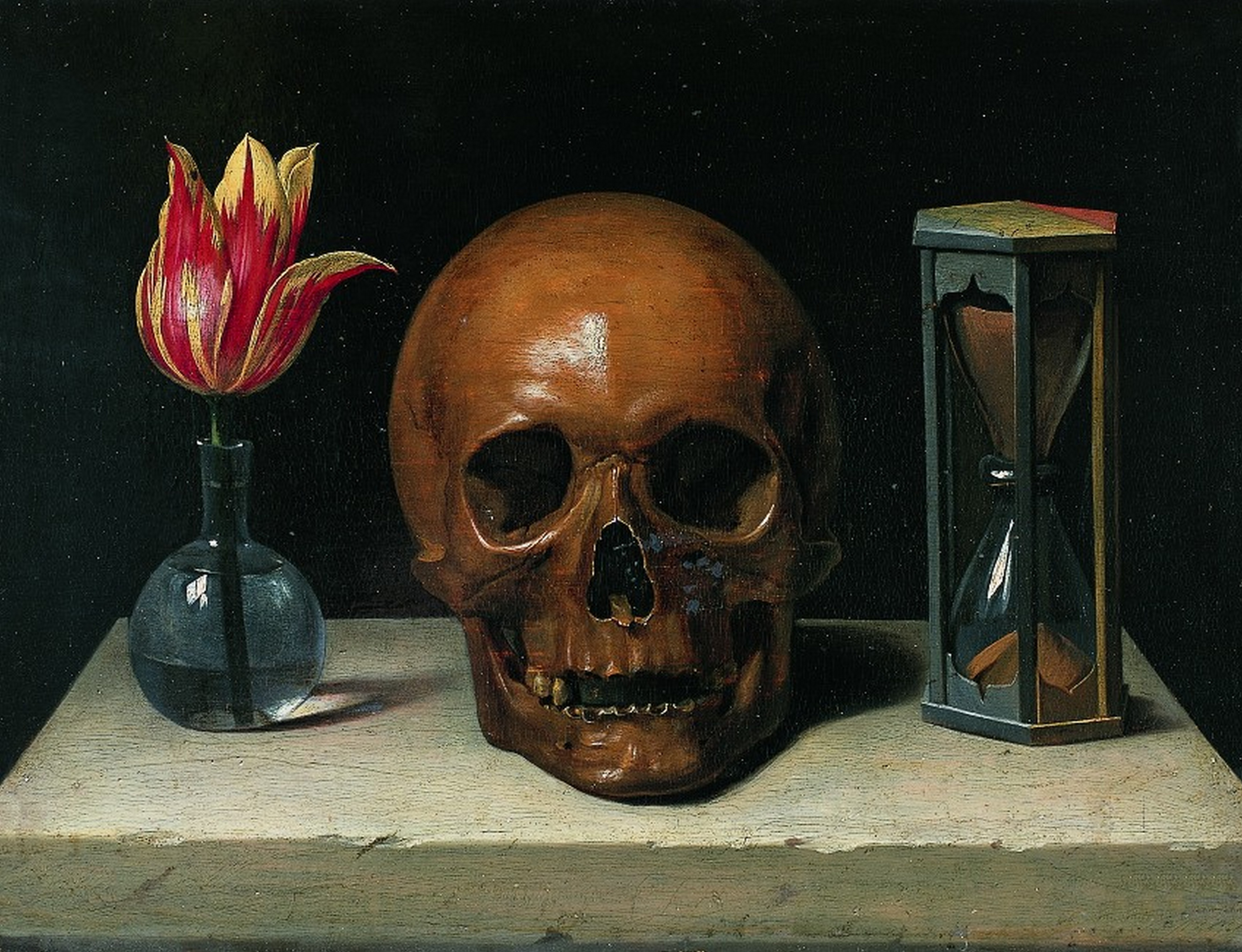|
Lupe Gigliotti
Lupe Gigliotti (1 July 1926 – 19 December 2010) was a Brazilian television, stage, and film actress. Gigliotti was born Maria Paula Viana Lupicina in Maranguape, Ceará, Brazil, on 1 July 1926. She was the sister of Brazilian actor and comedian Chico Anysio and the aunt of actor Marcos Palmeira. She began acting professionally during the 1960s, appearing in 11 films during her career. Gigliotti became famous for her role as Dona Escolástica on the comedic television show, '' Escolinha do Professor Raimundo''. She played Signora Botega in the 1984 American film '' Blame It on Rio''. Gigliotti's last television appearance was on the Globo telenovela, '' Cama de Gato'', as Áurea in early 2010. Lupe Gigliotti died at her home in Copacabana, Rio de Janeiro, on 19 December 2010, at the age of 84. She had been suffering from lung cancer Lung cancer, also known as lung carcinoma, is a malignant tumor that begins in the lung. Lung cancer is caused by genetic damage to t ... [...More Info...] [...Related Items...] OR: [Wikipedia] [Google] [Baidu] |
Ceará
Ceará (, ) is one of the 26 states of Brazil, located in the Northeast Region, Brazil, northeastern part of the country, on the Atlantic Ocean, Atlantic coast. It is the List of Brazilian states by population, eighth-largest Brazilian State by population and the List of Brazilian states by area, 17th by area. It is also one of the main tourist destinations in Brazil. The List of capitals in Brazil, state capital is the city of Fortaleza, the country's fourth most populous city. The state has 4.3% of the Brazilian population and produces 2.1% of the Brazilian GDP. It is divided into 184 municipalities. Literally, the name ''Ceará'' means "sings the Aratinga, jandaia". According to José de Alencar, one of the most important writers of Brazil and an authority in Tupi Guaraní, ''Ceará'' means turquoise or green waters. The state is best known for its extensive coastline, with of sand. There are also mountains and valleys producing tropical fruits. To the south, on the border o ... [...More Info...] [...Related Items...] OR: [Wikipedia] [Google] [Baidu] |
So Normal
''So Normal'' () is a 2003 Brazilian comedy film directed by from a screenplay by and Fernanda Young, based on the Brazilian television sitcom ''Os Normais''. The film stars Luiz Fernando Guimarães, Fernanda Torres, Marisa Orth and Evandro Mesquita. It depicts the beginning of the relationship between the characters Rui and Vani. The film was released in Brazil on 24 October 2003 by Lumière, drawing one million admissions in its opening week and nearly three million in total. ''So Normal'' grossed R$19,874,866 at the Brazilian box office, becoming the third highest-grossing domestic film and the eighth highest-grossing film overall of 2003 in Brazil. A sequel, ''So Normal 2: The Craziest Night Ever'' (), was released in Brazil on 28 August 2009. Cast * Luiz Fernando Guimarães as Rui * Fernanda Torres as Vani * Marisa Orth as Marta * as Sérgio * as Father Alencar * as Marta's father * Lupe Gigliotti as Sérgio's mother * as Vani's cousin * as Ângela * Mário Schoembe ... [...More Info...] [...Related Items...] OR: [Wikipedia] [Google] [Baidu] |
People From Maranguape
The term "the people" refers to the public or common mass of people of a polity. As such it is a concept of human rights law, international law as well as constitutional law, particularly used for claims of popular sovereignty. In contrast, a people is any plurality of persons considered as a whole. Used in politics and law, the term "a people" refers to the collective or community of an ethnic group or nation. Concepts Legal Chapter One, Article One of the Charter of the United Nations states that "peoples" have the right to self-determination. Though the mere status as peoples and the right to self-determination, as for example in the case of Indigenous peoples (''peoples'', as in all groups of indigenous people, not merely all indigenous persons as in ''indigenous people''), does not automatically provide for independent sovereignty and therefore secession. Indeed, judge Ivor Jennings identified the inherent problems in the right of "peoples" to self-determination, as i ... [...More Info...] [...Related Items...] OR: [Wikipedia] [Google] [Baidu] |
Deaths From Cancer In Rio De Janeiro (state)
Death is the end of life; the irreversible cessation of all biological functions that sustain a living organism. Death eventually and inevitably occurs in all organisms. The remains of a former organism normally begin to decompose shortly after death. Some organisms, such as '' Turritopsis dohrnii'', are biologically immortal; however, they can still die from means other than aging. Death is generally applied to whole organisms; the equivalent for individual components of an organism, such as cells or tissues, is necrosis. Something that is not considered an organism, such as a virus, can be physically destroyed but is not said ''to die'', as a virus is not considered alive in the first place. As of the early 21st century, 56 million people die per year. The most common reason is aging, followed by cardiovascular disease, which is a disease that affects the heart or blood vessels. As of 2022, an estimated total of almost 110 billion humans have died, or roughly 9 ... [...More Info...] [...Related Items...] OR: [Wikipedia] [Google] [Baidu] |
Deaths From Lung Cancer In Brazil
Death is the end of life; the Irreversible process, irreversible cessation of all biological process, biological functions that sustain a living organism. Death eventually and inevitably occurs in all organisms. The remains of a former organism normally begin to Decomposition, decompose shortly after death. Some organisms, such as ''Turritopsis dohrnii'', are Biological immortality, biologically immortal; however, they can still die from means other than Senescence, aging. Death is generally applied to whole organisms; the equivalent for individual components of an organism, such as Cell (biology), cells or Tissue (biology), tissues, is necrosis. Something that is not considered an organism, such as a virus, can be physically destroyed but is not said ''to die'', as a virus is not considered alive in the first place. As of the early 21st century, 56 million people die per year. The most common reason is aging, followed by cardiovascular disease, which is a disease that af ... [...More Info...] [...Related Items...] OR: [Wikipedia] [Google] [Baidu] |
Brazilian Telenovela Actresses
Brazilian commonly refers to: * Brazil, a country * Brazilians, its people * Brazilian Portuguese, its dialect Brazilian may also refer to: * "The Brazilian", a 1986 instrumental music piece by Genesis * Brazilian Café, Baghdad, Iraq (1937) * Brazilian cuisine ** Churrasco, or Brazilian barbecue * Brazilian-cut bikini, a swimsuit revealing the buttocks * Brazilian waxing, a style of pubic hair removal * Mamelodi Sundowns F.C., a South African football club nicknamed ''The Brazilians'' See also * Brazil (other) * ''Brasileiro'', a 1992 album by Sergio Mendes * Brazilian jiu-jitsu, a martial art and combat sport system * Culture of Brazil * Football in Brazil Association football, Football is the most popular sport in Brazil and a prominent part of the country's national identity. The Brazil national football team has won the FIFA World Cup five times, the most of any team, in 1958 FIFA World Cup, ... {{Disambiguation Language and nationality disambiguation page ... [...More Info...] [...Related Items...] OR: [Wikipedia] [Google] [Baidu] |
21st-century Brazilian Actresses
File:1st century collage.png, From top left, clockwise: Jesus is crucified by Roman authorities in Judaea (17th century painting). Four different men (Galba, Otho, Vitellius, and Vespasian) claim the title of Emperor within the span of a year; The Great Fire of Rome (18th-century painting) sees the destruction of two-thirds of the city, precipitating the empire's first persecution against Christians, who are blamed for the disaster; The Roman Colosseum is built and holds its inaugural games; Roman forces besiege Jerusalem during the First Jewish–Roman War (19th-century painting); The Trưng sisters lead a rebellion against the Chinese Han dynasty (anachronistic depiction); Boudica, queen of the British Iceni leads a rebellion against Rome (19th-century statue); Knife-shaped coin of the Xin dynasty., 335px rect 30 30 737 1077 Crucifixion of Jesus rect 767 30 1815 1077 Year of the Four Emperors rect 1846 30 3223 1077 Great Fire of Rome rect 30 1108 1106 2155 Boudican revolt ... [...More Info...] [...Related Items...] OR: [Wikipedia] [Google] [Baidu] |
Actresses From Rio De Janeiro (city)
An actor (masculine/gender-neutral), or actress (feminine), is a person who portrays a character in a production. The actor performs "in the flesh" in the traditional medium of the theatre or in modern media such as film, radio, and television. The analogous Greek term is (), literally "one who answers".''Hypokrites'' (related to our word for hypocrite) also means, less often, "to answer" the tragic chorus. See Weimann (1978, 2); see also Csapo and Slater, who offer translations of classical source material using the term ''hypocrisis'' (acting) (1994, 257, 265–267). The actor's interpretation of a rolethe art of acting pertains to the role played, whether based on a real person or fictional character. This can also be considered an "actor's role", which was called this due to scrolls being used in the theaters. Interpretation occurs even when the actor is "playing themselves", as in some forms of experimental performance art. Formerly, in ancient Greece and the medieval ... [...More Info...] [...Related Items...] OR: [Wikipedia] [Google] [Baidu] |
Brazilian Stage Actresses
Brazilian commonly refers to: * Brazil, a country * Brazilians, its people * Brazilian Portuguese, its dialect Brazilian may also refer to: * "The Brazilian", a 1986 instrumental music piece by Genesis * Brazilian Café, Baghdad, Iraq (1937) * Brazilian cuisine ** Churrasco, or Brazilian barbecue * Brazilian-cut bikini, a swimsuit revealing the buttocks * Brazilian waxing, a style of pubic hair removal * Mamelodi Sundowns F.C., a South African football club nicknamed ''The Brazilians'' See also * Brazil (other) * ''Brasileiro'', a 1992 album by Sergio Mendes * Brazilian jiu-jitsu, a martial art and combat sport system * Culture of Brazil * Football in Brazil Association football, Football is the most popular sport in Brazil and a prominent part of the country's national identity. The Brazil national football team has won the FIFA World Cup five times, the most of any team, in 1958 FIFA World Cup, ... {{Disambiguation Language and nationality disambiguation page ... [...More Info...] [...Related Items...] OR: [Wikipedia] [Google] [Baidu] |


